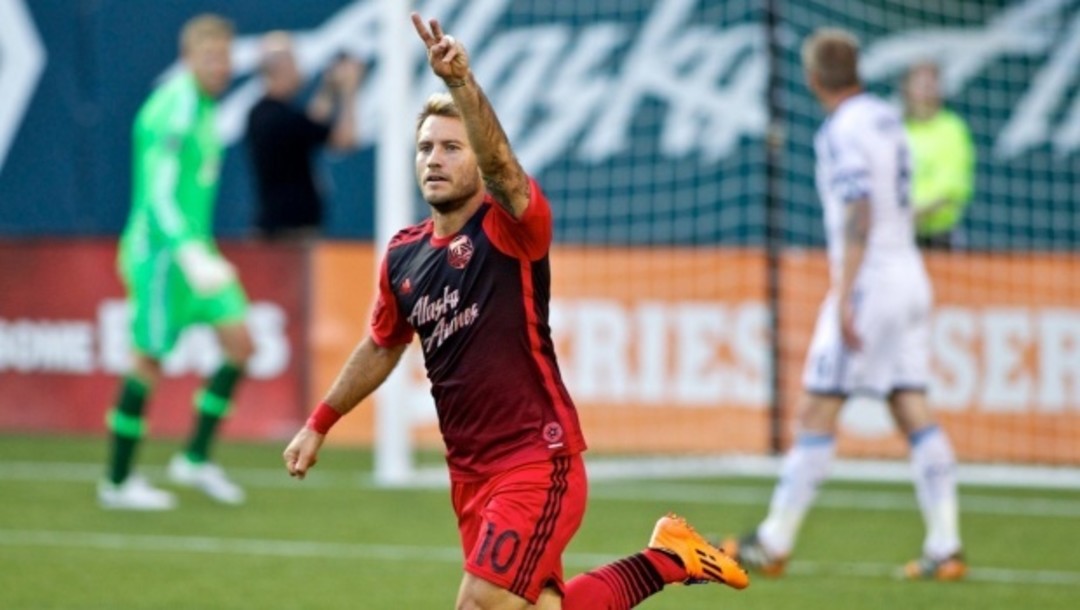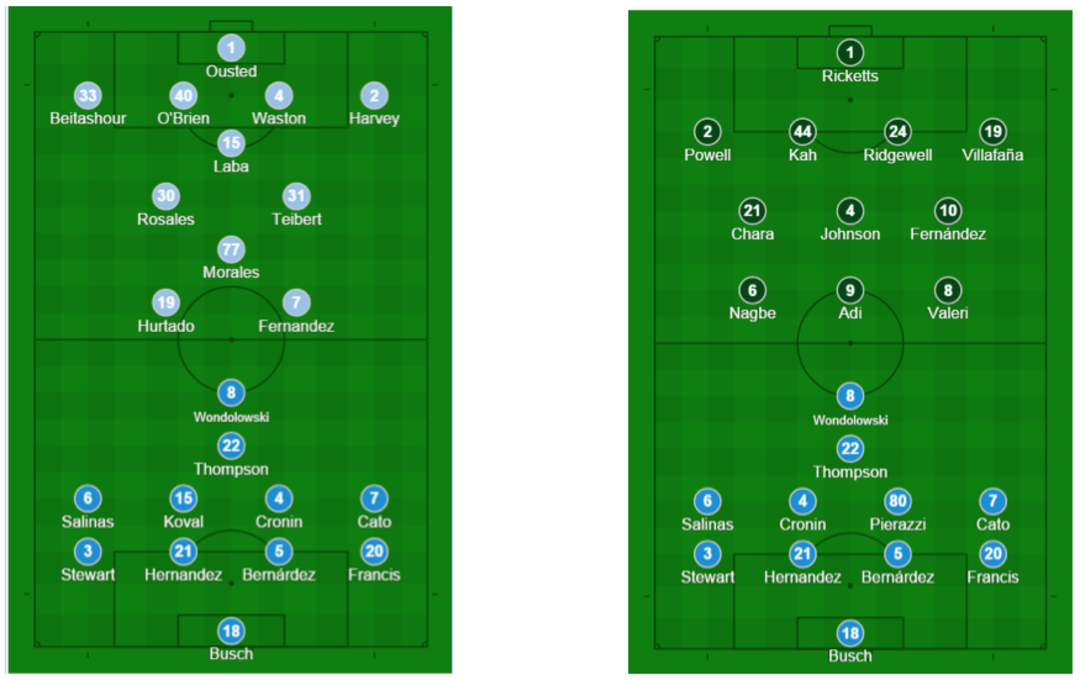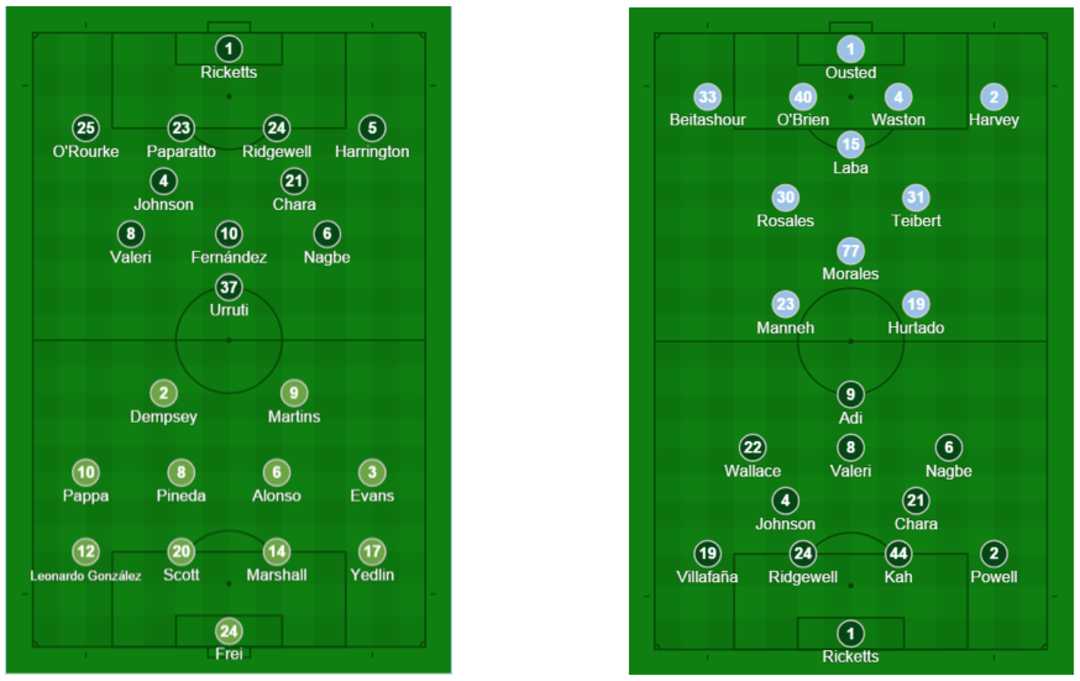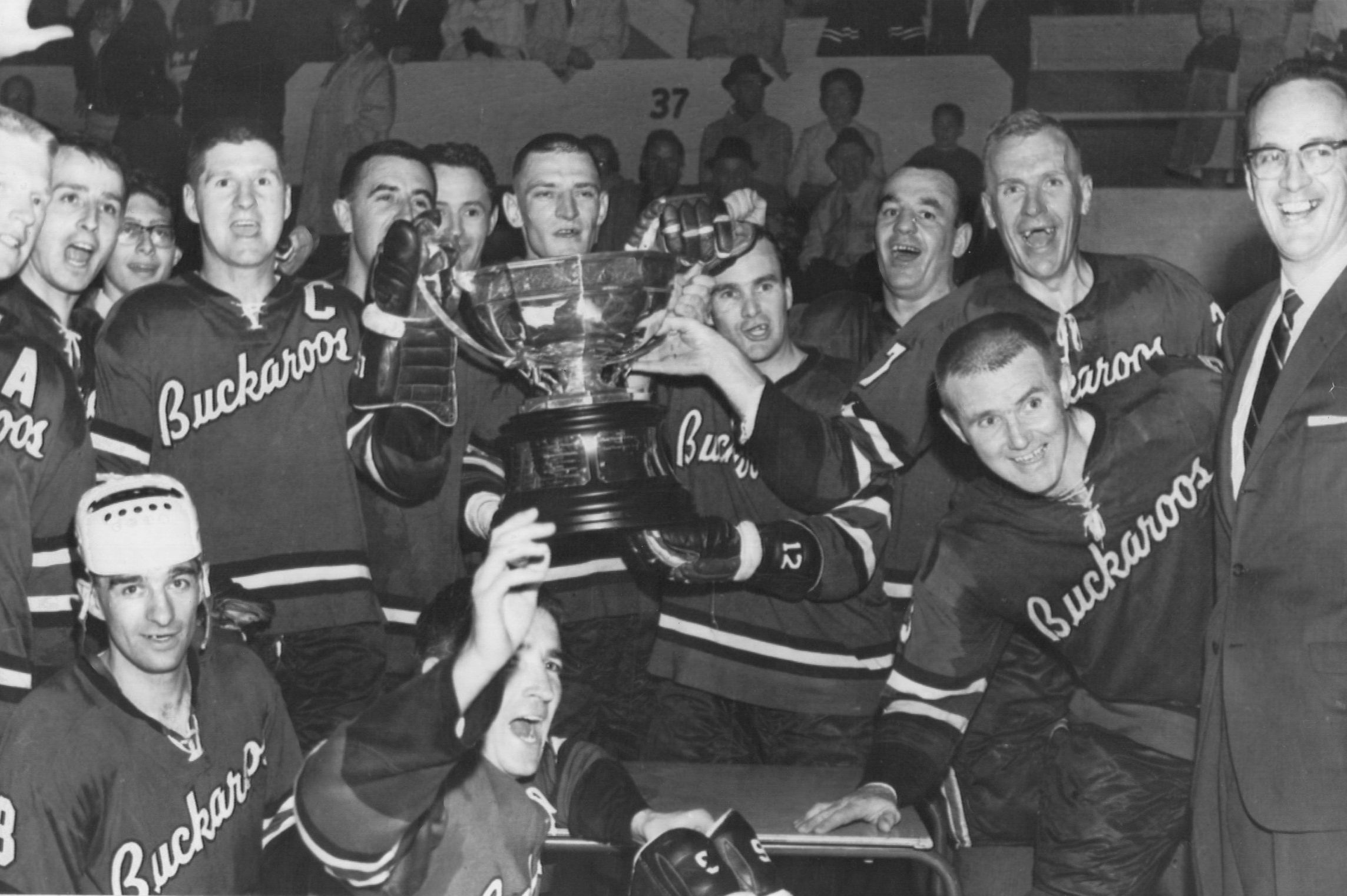Match Preview: Timbers vs. Vancouver Whitecaps

Image: Craig Mitchelldyer
This is it.
Sitting just a single point ahead of Portland in the standings, Vancouver comes to the Rose City with their destiny in their own hands. To leave Providence Park with three points would give the Whitecaps daylight and breathing room on the Timbers, with no more direct matchups.
The third match in a busy week for the Portland Timbers is undoubtedly the biggest game of the year.
If we’ve learned anything this year, it’s that form and recent results—for the Timbers or their opponents—don’t factor too heavily in the result. Take the logic of the Portland-Vancouver-San Jose pas de trois: Portland outclassed Vancouver at B.C. Place, then struggled to draw San Jose in Portland, who then lost 2-0 to Vancouver. If we can beat one who can beat the other, why can’t we beat the third, at home no less. That’s how this year is going.
So yes, Vancouver lost in Dallas last week, while Portland drew in Colorado. The Timbers then came home and made a bit of history, beating C.D. Olimpia (Hondouras) in the first-ever CONCACAF Champions League match in Portland. But how does this affect two teams who have played two completely different kinds of matches against each other (3-4, 0-3), with the visitor emerging victorious both times? In reality, it doesn’t. This game, this single event, is an island, a one-off, a playoff game. In true derby/rivalry fashion, throw away the records.
Instead, let’s analyze who and what may play the lead role in this drama. One thing is for sure: the Timbers have goals in them, especially at home. So inevitably, the focus will be on the other end of the pitch. However, it cannot simply be on the four men on the back line. Football, as the ultimate team game, requires focus on all parts of the field, and no game this year better exemplifies that notion than the last home derby against Seattle. In that 4-2 debacle, the Timbers were exposed on the counter-attack, and conceded three goals seconds after possessing the ball deep in enemy territory.
Now, let’s look at some lineups. On the left is the Vancouver/San Jose group, which resulted in a 2-0 Whitecaps win, on the right is the Portland/San Jose group, which resulted in a 3-3 draw.

Image: mlssoccer.com
For argument’s sake, we’ll now return to the lineups that lost to the Fishy XI (left) and beat Vancouver (right):

Image: mlssoccer.com
Vancouver and San Jose’s formations are consistent, Portland’s are not. The biggest difference is the placement of Diego Valeri. With El Maestro on the wing, Portland got torched for 3 and 4 goals respectively; with him in the middle, they shut out Vancouver.
When Vancouver hit the Timbers for 4 goals back in June, Valeri was in the middle, but the back line was Powell-McKenzie-Kah-Jewsbury. It is equally important to note that the Kah-Ridgewell pairing in central defense was involved in both the win in Vancouver and the draw vs. San Jose, but the difference was the placement of Valeri.
In fact, Caleb Porter has only played Valeri in the middle - with Kah and Ridgewell in central defense - twice all year. With that formation, the Timbers have an aggregate score of 5-2 (+3), and only drew in Colorado because of a dubious penalty.
The Caps, meanwhile, have remained true to their recent formation for the past five matches, with a holding midfielder behind a front shaped like the 5-face of a die (see above). That formation lost to Portland, and three of the five overall.
Carl Robinson remains committed to that look. With Gambian speedster, Kekuta Manneh and talented Jamaican sulk, Darren Mattocks, on a bad run of form, Robinison will likely give former Timbers U-21 standout, Erik Hurtado, a third start against his old club, up front with Sebastian Fernández. Nemesis Pedro Morales will, in all likelihood, play man-in-the-middle, with Matias Laba and perpetual Cascadian enemy, Mauro Rosales, behind.
What an interesting paradox: there are piles of evidence that Caleb Porter should look to the past, to what has worked, and go with it. In this humble opinion, Portland would be smart to use the lineup and formation that beat Vancouver, and has a positive overall goal differential. Vancouver will undoubtedly look to the players who have shined against the Timbers to step up, and Portland should do the same.
The previous two home Cascadia derbies saw eight goals fly past Donovan Ricketts. While this should be taken as a lesson, it cannot weigh too heavily on Portland’s psyche. But this game is not an aggregate of the past; it’s a single event, with massive stakes.




